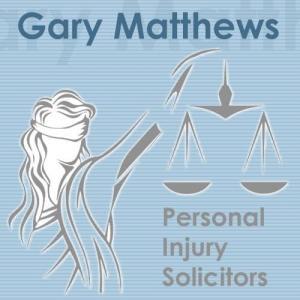How to Respond to a Low Settlement Offer
Around about a year after your accident and if the opposing side have agreed to the Injury Board (PIAB) process, then the piab and Injuries Board will make their assessment of the value of your injuries. Now neither you nor the opposing sides are obligated to accept the offer. If you do not accept this assessment then the haggling may start on the hope that there is an agreement before you have to issue court proceedings or go to court.
You might make an offer and the insurance company, acting for the opposing side may respond to your offer with an unreasonable settlement offer, often called a low ball offer. Your reply to this opening salvo of an offer will start you on what may be a long road towards finding out what kind of end game you will get in your personal injury claim.
However, instead of guessing or negoiating directly with the opposing side, you should instruct an expert personal injury solicitors, who will provide a valuation on your injuries and out of pocket expenses that you are entitled to.
The first big mistake is to blaze back with a fast emotional reply to the low ball offer. You could be desperately short of money however, it is so important to keep a professional relationship with those on the other side, the insurance company. In other words keep the emotion out of the way. The initial gambit by an insurance company is normally just a kicking off point in the negotiation purposes. Therefore, it is not advisable to accept the initial offer unless it is an amount that will totally compensate you.
Before you start to write a formal reply, you should ask a few specific questions to the insurance company in order to work out the reasons for the insurance company’s low ball offer. Their response to these questions will give you ammunition in drafting your second reply and counter offer. In other words keep cool and patiently wait for them to reply.

Get a Consultation Today! - Call us now at 01 524 0606

It is just possible that the initial low offer was a result of insufficient information about injuries, but more than likely it was a shot across your bows in trying to see your mettle and whether or not you will accept any offer. The insurance company can justify extremely low settlement offers when there is an absence of logical information or an unclear prognosis of your injuries.
Unlike the initial demand letter, focus on emotional points in your reply and your offer. It is possible that the factual listing of events and physical injuries were correctly described in the initial demand letter and that there is no need for a repeat. Therefore, you should instead focus on the difficult and painful time and how much you have suffered. You can stress any long term disability or deformity resulting from the injury and include a list of activities that you can no longer perform. Clearly, the emotional areas will vary depending on each unique claim.
The second big mistake is to reply to a low ball personal injury offer with an equally off the wall counteroffer. Make sure it is within a reasonable limit and checking with the Injuries Board’s Book of Quantum to give you an idea of the rough amount you might get.
Make sure that everything with the insurance company is in writing, especially the final agreement. These communications should be concise and state the essential details of the agreement including the settlement amount and the personal injuries covered in the settlement.
Gary Matthews Solicitors
Medical negligence solicitors, Dublin
We help people every day of the week (weekends and bank holidays included) that have either been injured or harmed as a result of an accident or have suffered from negligence or malpractice.
Contact us at our Dublin office to get started with your claim today

